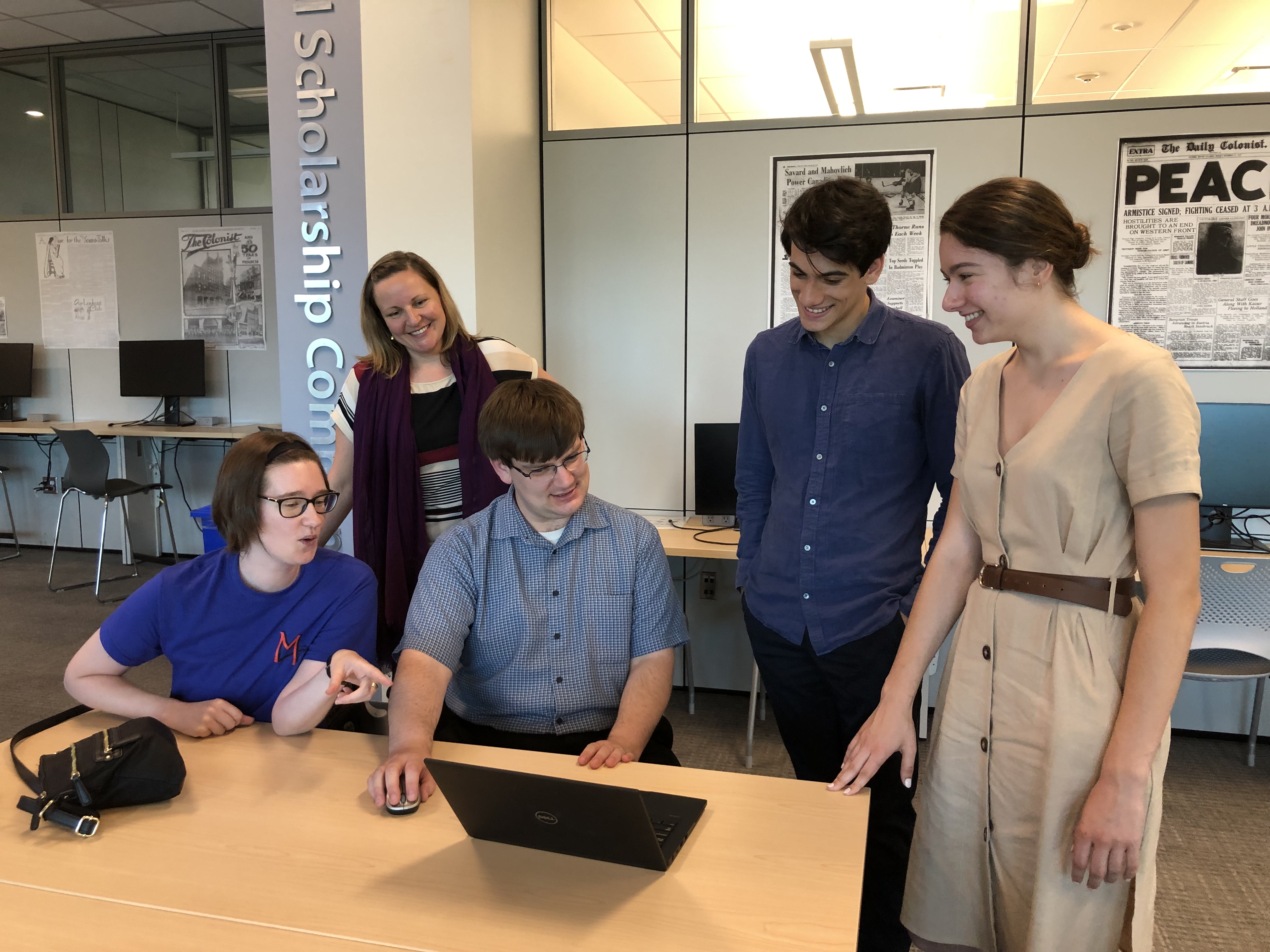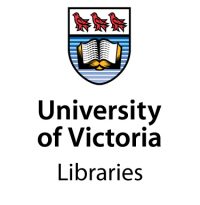What are open Education Resources (OERs)?
“Open Educational Resources are teaching, learning and research materials in any medium – digital or otherwise – that reside in the public domain or have been released under an open license that permits no-cost access, use, adaptation and redistribution by others with no or limited restrictions.”[1]
OER Grants
UVic’s OER grant was established in 2019 with funding from the UVic Undergraduate Student Society, UVic Libraries, the Division of Learning, Teaching, Support and Innovation (LTSI), and UVic Systems. The LTSI, Libraries, and UVSS administer the grants. The grant provides funding of up to $5,000 along with staff support to help faculty members redesign a course to adopt, adapt or create open textbooks or other OER as their primary course material.
Proposals were evaluated based on the following five criteria:
- The potential impact of cost-savings to students based off the cost of educational materials being replaced, class sizes, as well as possible employment of TA’s for the project;
- Their potential impact on student learning and the student experience in the form of high-quality materials, and open and innovative pedagogy;
- Overall alignment with UVic strategic framework;
- Long-term plans to reuse the OER in courses in subsequent terms;
- The extent to which the OER will be freely and openly shared throughout and beyond UVic (e.g., through BCcampus); and,
- Feasibility of the OER being ready within a reasonable timeframe, preferably ready for the following winter or spring term.
We congratulate the July 2019 round of grant recipients:
- Jane Butterfield, Department of Mathematics and Statistics – Pre-calculus Review Workbook
Over the past two years, we have been developing online review modules that calculus students can use to brush up their pre-calculus math skills. The purpose of this project is to convert those PDF files into an open-source html workbook, and to extend them to include trigonometry review. We will be using the markup language PreTeXt, which allows for the full range of mathematical typesetting, is extremely screen-reader compatible, and also allows for embedded WeBWorK exercises. The result will be an attractive, open-source, accessible, and widely-available workbook that gives students instant feedback as they refresh their skills!
- Christopher Eagle, Department of Mathematics and Statistics – Open-access text for Math 110
Chris is producing an openly available supply of practice problems, together with hints, answers, and full solutions, for Math 110. The questions are being obtained from a variety of existing open-access linear algebra texts, and then are being modified and arranged to match the way the material is covered in Math 110. In the short-term this will make purchasing the Math 110 textbook optional for students. In the long-term he plans for this to be the first step in the process of moving to a fully open textbook.
- Shannon Fargey, Department of Geography – An Introduction to Earth System Science
The main goals of this project are both moral and academic. The underlying moral purpose of this project is to remove financial barriers to student success. Simply put, Students in GEOG 103 need a textbook to succeed and few students at present buy the textbook because it is too expensive. The UVic Bookstore has informed me that < 50% of students acquire the Textbook (hard copy and digital version). Earth system science is a very visual subject matter and all adequate textbooks are extremely expensive because of the number of required colour photographs and diagrams.
As I see it, a textbook is like a tutor. A good textbook guides the students to what is important, it explains concepts, and it helps students gauge their learning. This textbook will provide students an opportunity to read about the subject matter ahead of class, link to further resources, and include exercises that facilitate the achievement of the main learning outcomes of the course.
- Allyson Hadwin, Department of Educational Psychology and Leadership Studies – Learning to self-regulate learning: Strategies for optimizing learning, motivation, and socio-emotional success at university
This interactive multi-media OER will include interactive modules used as: (a) a course text for Learning Skills courses, or (b) just in time resource for teachers, student services professionals, or university instructors supporting undergraduate students. Content will be drawn from two decades of empirical research and instruction with first year undergraduates students presenting a state-of-the-art catalogue of evidence-based of strategies for optimizing success in the face of range of student-identified behavioural, motivational, cognitive/metacognitive and socio-emotional challenges.
- Quentin Mackie, Department of Anthropology – Introductory Archaeology: An Open Access Textbook
The Introduction to Archaeology open textbook will create a readily-updatable, locally-focused resource for students at UVIC and beyond. The textbook will integrate new writing, existing online resources, and open licensed images, all tied to original examples from the archaeology of Indigenous British Columbia and Canada.
The grant recipients were invited to welcome session on August 6 to share information about their projects, platforms they may use in publishing content and to gather information about supports available through the Libraries and Technology Integrated Learning.
[1] William and Flora Hewlett Foundation. (n.d.). OER Defined. Retrieved from https://hewlett.org/strategy/open-educational-resources/


